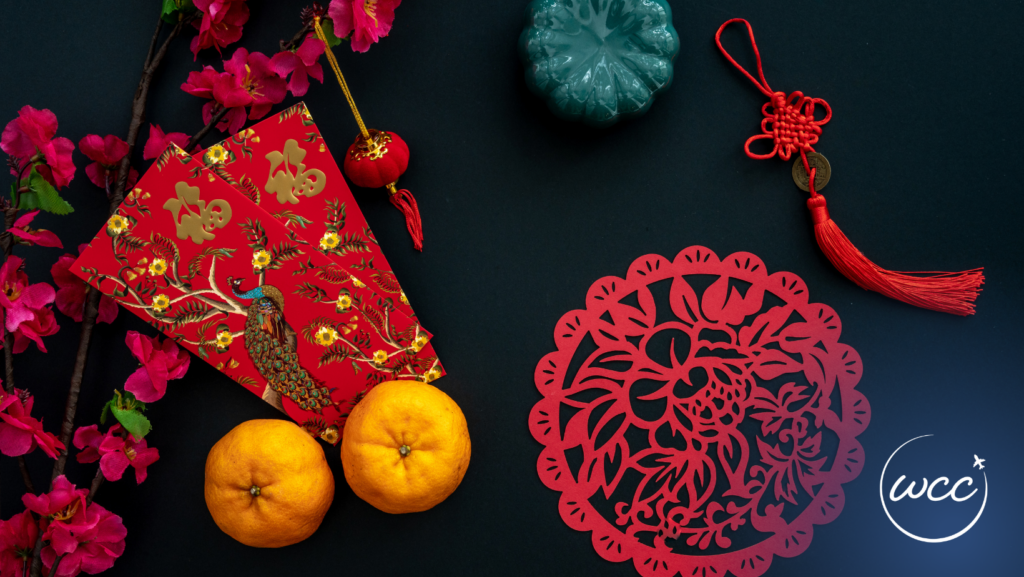While many of us have already rung in the new year, nearly 2 billion people worldwide will celebrate the Lunar New Year between January 21 and February 20. Also known as the Spring Festival or Chinese New Year, this vibrant celebration is one of the most significant cultural events globally. With a history spanning over 3,500 years, it remains a time-honored tradition that is deeply cherished, bringing families and communities together in a spirit of hope for the future.
A Time for Reflection and Renewal
Lunar New Year is more than a recognition of a changing year—it is a time for connection and community. While large-scale festivities mark the holiday season, it is not just about outward celebrations but also a time for deep reflection. It is customary for families to remember their ancestors, pay respects at temples, and honor their elders. Observers of The Lunar New Year also prepare for the year ahead by setting intentions and engaging in practices that promote good health and prosperity.
This special time also celebrates the Chinese zodiac, a 12-year cycle in which an animal represents each year. Many believe these zodiac animals influence the year’s energy. This Lunar Year marks the Year of the Snake, the sixth animal in the zodiac. The snake is often associated with wisdom, intuition, and transformation, making it a year ripe for thoughtful planning and growth.
Celebrating Rich Traditions and Customs
The customs associated with the Lunar New Year are steeped in centuries-old traditions that vary by culture but often share common themes of prosperity, health, and happiness. Festive dishes are carefully chosen for their symbolic meaning, such as fish (for abundance), dumplings (for prosperity), and leafy greens (for wealth).
Red also holds significant symbolic meaning and is used prominently in celebrations. Thought to symbolize good luck, homes are often decorated with red lanterns, couplets, and paper cuttings, and red envelopes containing money are given to children and unmarried adults as a gesture of good fortune.
A Celebration for All
Today, Lunar New Year is not only observed by Asian communities but has also been embraced and celebrated worldwide, spreading its message of prosperity and renewal. In Canada, where over 1.7 million people of Chinese descent call home, the holiday has become an integral part of the cultural fabric, bringing together communities and fostering a sense of unity and celebration.
Whether rooted in personal traditions or explored through cultural appreciation, the Lunar New Year allows us all to connect with its universal themes of renewal, unity, and hope. It also serves as a reminder of the value of community, the richness of cultural heritage, and the shared desire for a better future.
To all who celebrate:
新年快樂! 新年快乐! Happy Lunar New Year!





